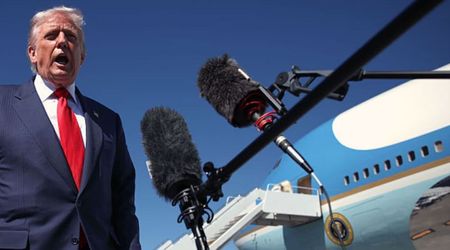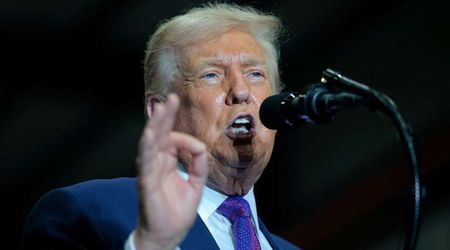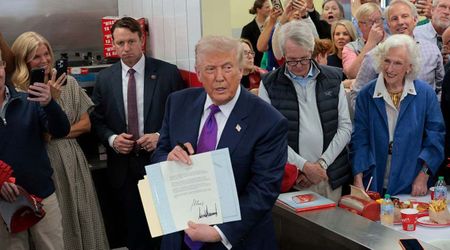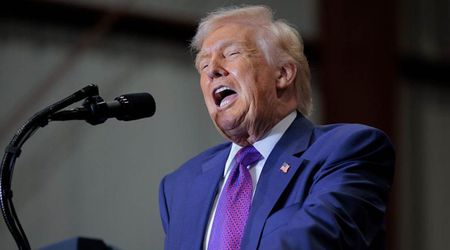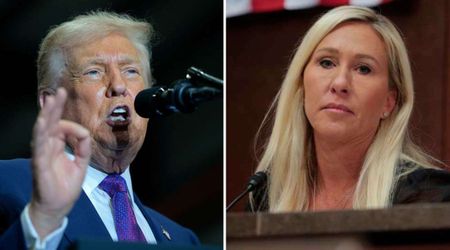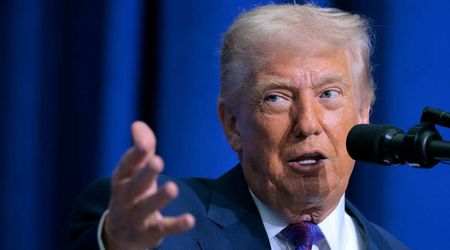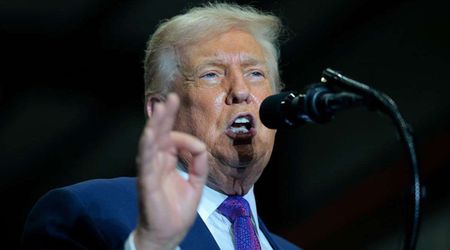5 things to know about third-party candidates and their role in deciding outcome of presidential polls
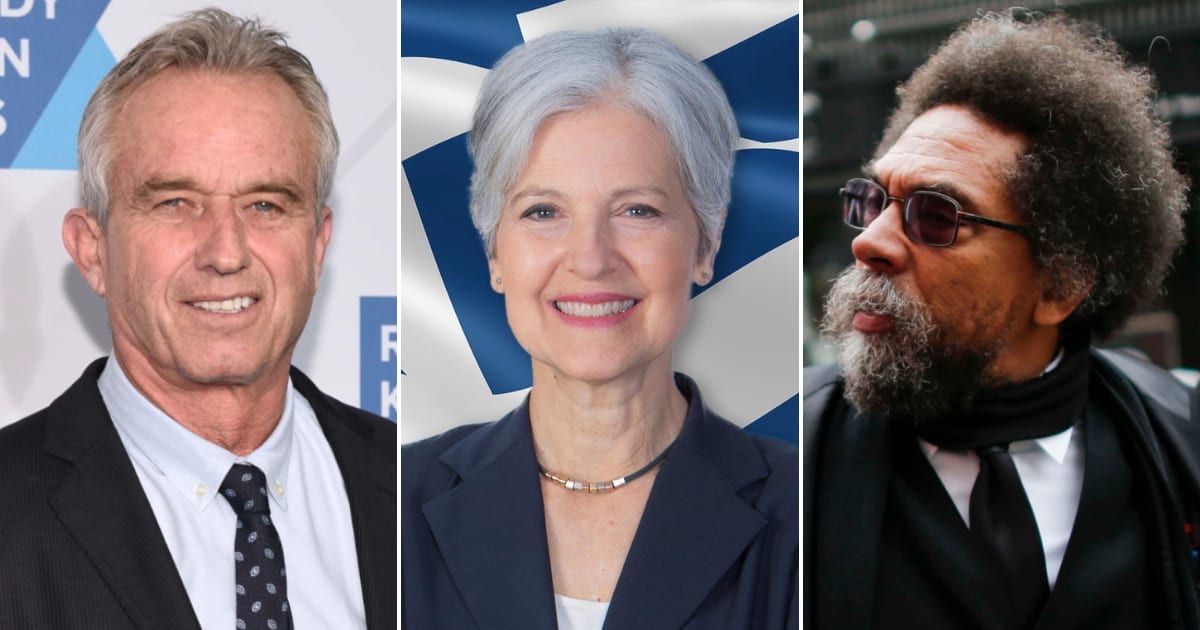
Exploring the prospects of third-party candidates and their impact on election outcomes
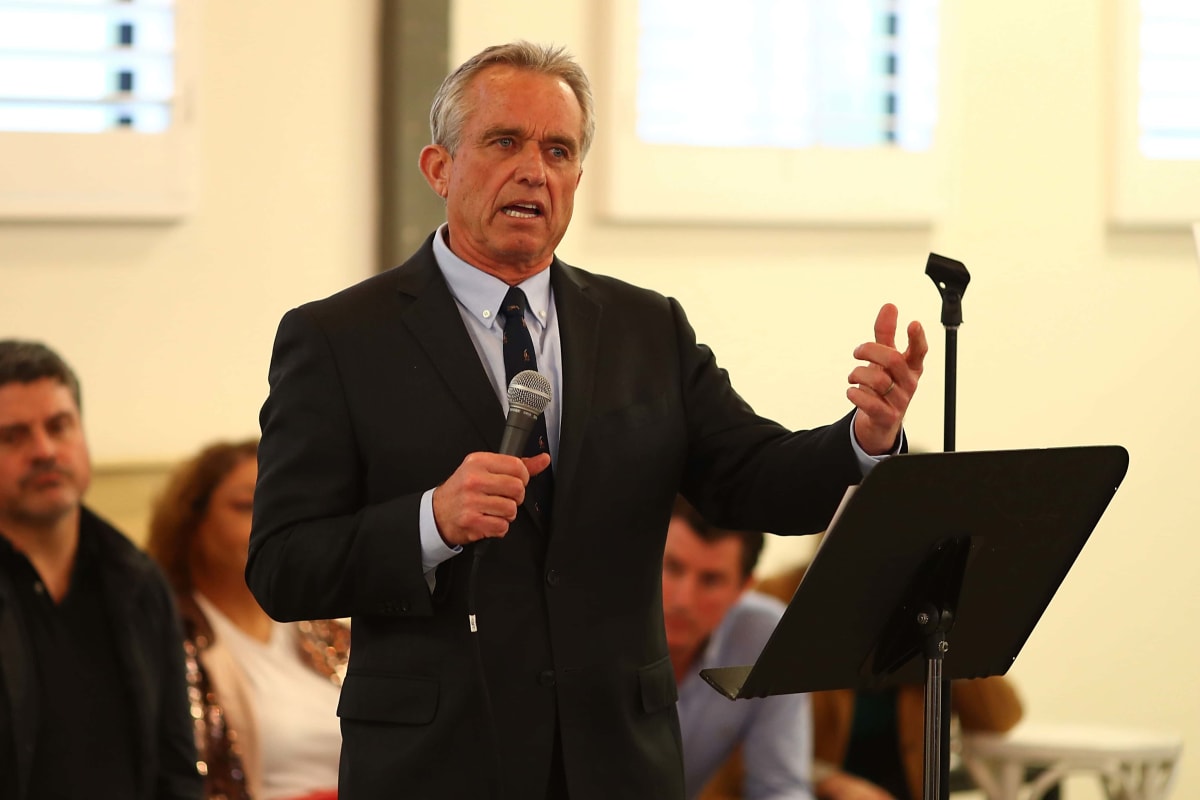
In the lead-up to the November 2024 presidential election, a diverse range of third-party candidates has emerged, alongside discussions of a potential "unity ticket" from the organization "No Labels". With both President Joe Biden and Donald Trump facing significant unpopularity and a notable openness among voters to third-party options, the stage appears set for potential political disruption. However, history suggests that the road to national prominence for third-party candidates is fraught with challenges. Let's delve into whether these outsiders can truly make an impact on the race.
1. Third-party candidates currently in the race

Democrats are gripped by trepidation at the thought of a wildcard candidate unsettling their electoral fortunes, haunted by memories of Jill Stein's disruptive role as the Green Party nominee in the 2016 presidential race. Stein's presence threw a proverbial spanner in the works for Hillary Clinton, leaving Democrats wary of history repeating itself. Stein is running this year as well, along with Cornel West, a prominent activist for racial justice, and Robert F Kennedy Jr, bearing a renowned surname and posing a significant challenge to the status quo. Political consultant Douglas MacKinnon, a Reagan-era White House aide, sees Kennedy Jr shaping the 2024 race into a genuine three-person contest. "Kennedy's words and warnings are now resonating with young voters here in the US," he wrote in an op-ed for The Hill. "So much so that he now leads both Biden and Trump with that demographic," he added.
2. Has a third-party candidate ever won a US election?

Since perhaps the era of Abraham Lincoln, though some may contest the exact starting point, American presidential politics has been dominated by a duopoly of two major parties. While occasional third-party contenders like Teddy Roosevelt in 1912 or Ross Perot in 1992 garnered respectable support, their influence on electoral outcomes has typically been more akin to a side dish in the political banquet. Third-party candidates such as Ralph Nader, arguably, and Jill Stein, less so, may have nudged the needle, but they've seldom seized the spotlight. Admittedly, beyond the grand stage of presidential elections, third parties have notched modest victories. The US Senate and House have occasionally welcomed third-party members, albeit sparingly. State-level politics offer a slightly more fertile ground for third-party endeavors, though success remains a relative term. Over the past century, roughly 80 third-party legislators have graced state assemblies. Presently, seven states boast third-party representation in their legislatures, with nine additional states having witnessed such representation in the last decade. Currently, only one statewide office is held by a third-party member -- the Lieutenant Governor of Vermont. Despite glimmers of triumph, such as the six governorships won by third parties since 1990, challenges persist even at the state level.
3. Third party struggles explained via Duverger’s Law

The conundrum of third-party struggles in American politics can be explained by a concept known as "Duverger's Law." It posits that in electoral systems resembling America's, voters tend to strategically cast their ballots for the "lesser of two evils" — a candidate or party perceived as more likely to win, even if not their first choice, to thwart the victory of the "greater evil." This logic, supported by significant academic inquiry, often steers around 90% of third-party supporters towards major party candidates, dampening the prospects of alternative contenders. Major parties, as part of their strategic playbook, exploit this dynamic by wielding the "lesser of two evils" argument to dissuade voters from considering third-party options. Examples abound, from the pro-Gore groups in the 2000 election warning against a Nader vote to recent instances of Clinton and Biden supporters cautioning against third-party choices. Such tactics, coupled with the allure of preventing a disliked candidate's triumph, often prompt third-party sympathizers to gravitate toward their second-choice major party candidates despite pre-election polls indicating considerable support. Additionally, restrictive ballot access laws, America's electoral system, limited debate participation, media neglect, and major party co-optation of third-party policies further impede their progress.
4. Why is there support for third-party candidates?

Research indicates that dissatisfaction with unaddressed issues, partisan deadlock, disdain for major party nominees, and overall disillusionment with the nation's state drive support for third-party candidates. Despite widespread discontent leading into the 2024 election, akin to conditions in 2016, third parties only garnered a modest six percent of the vote, partially due to former president Trump's appeal to traditionally third-party-leaning voters. The American electorate, resembling a fusion of around five political parties, is deeply entrenched in partisan divisions. While the Republican Party encompasses both right-wing and center-right factions, the Democratic Party encompasses left-wing and center-left ideologies. Approximately 10% to 20% of voters fall within the moderate spectrum, suggesting a potential constituency for a compromise party. Stein and West are anticipated to draw support from the political left, while Kennedy's appeal remains less clear, though Democrats appear wary of his candidacy. Despite the electorate's inclination towards a multi-party system, deeply entrenched partisanship poses a significant barrier for third parties, hindering their ability to gain traction despite widespread dissatisfaction, per WCBU.
5. Could a third-party candidate put Donald Trump back in White House?

Early projections suggest that a third-party contender may siphon more votes from President Joe Biden, a Democrat, than from Republican former president Donald Trump. Even slim margins could sway key battleground states, where victories are often determined by razor-thin margins and can tip in favor of either party. The significance of even a small fraction of support for a third-party candidate becomes evident in battleground states, which allocate all their electoral votes to the candidate with the majority of individual votes. Of particular, the focus is Pennsylvania, boasting 19 electoral votes, where Biden clinched victory with a mere 50% of the overall votes in 2020, narrowly edging out Trump's 48.8%. The potential loss of Pennsylvania would force Biden to secure repeat wins in states like Georgia, Arizona, Wisconsin, and Michigan to reach the crucial 270 electoral votes. Should he fail to retain Georgia as well, Trump could reclaim the White House. Despite both Biden and Trump grappling with low overall approval ratings, hovering around or below 40% in numerous polls, strategists predict that a third-party challenge is less likely to dent Trump's support due to his steadfast voter base. Conversely, Biden, lacking the same level of unwavering support, is deemed more vulnerable to a third-party incursion, Reuters reported.


